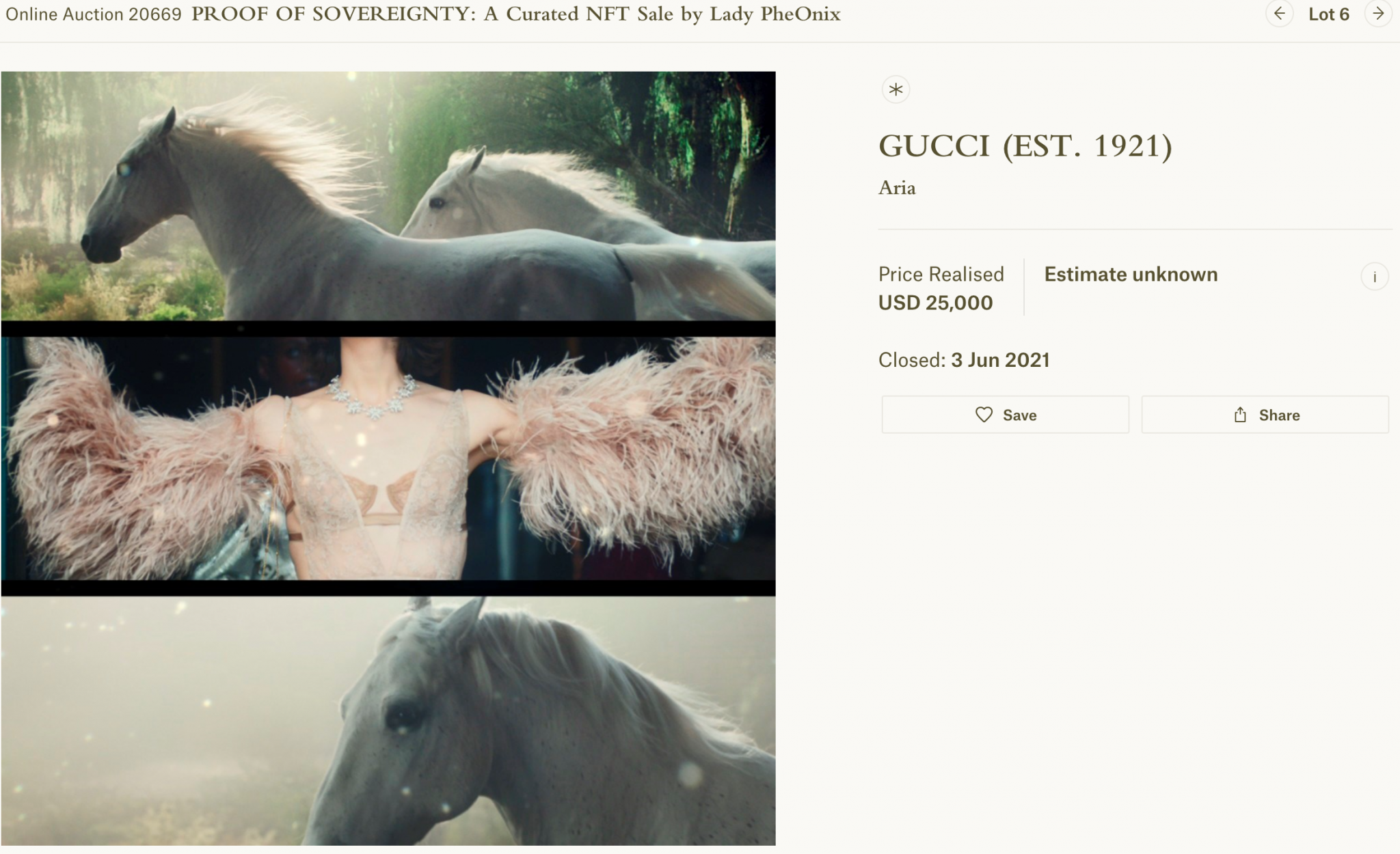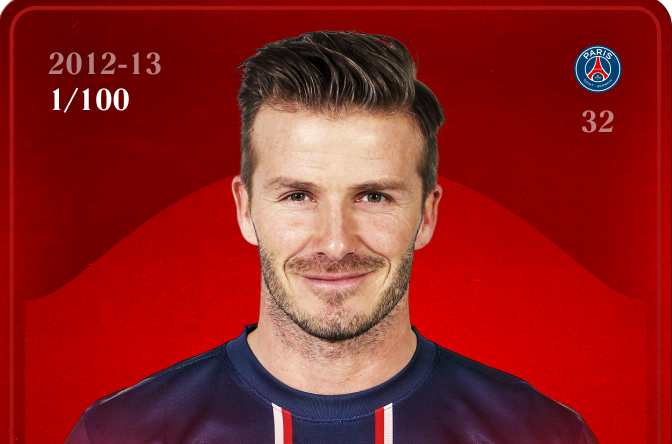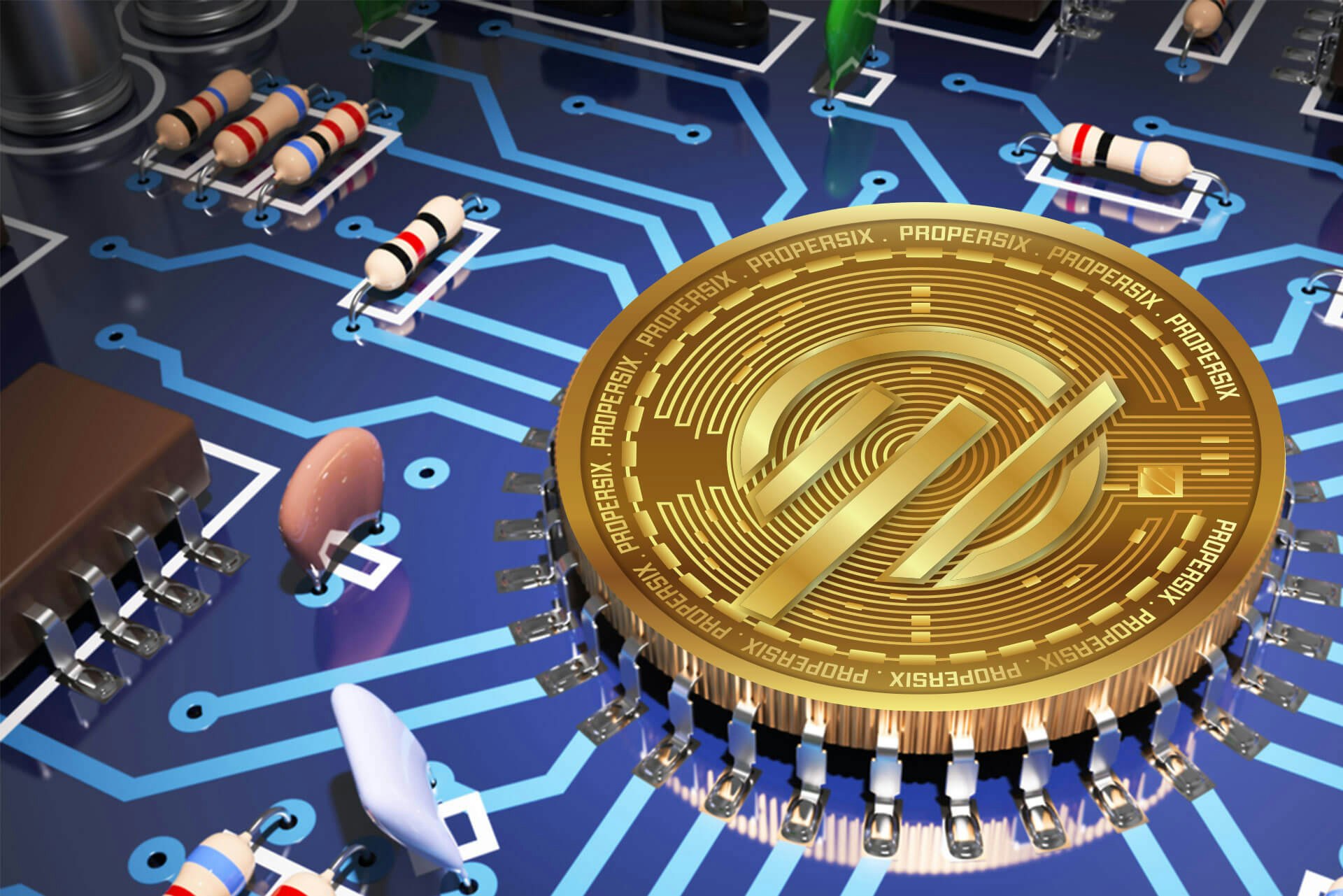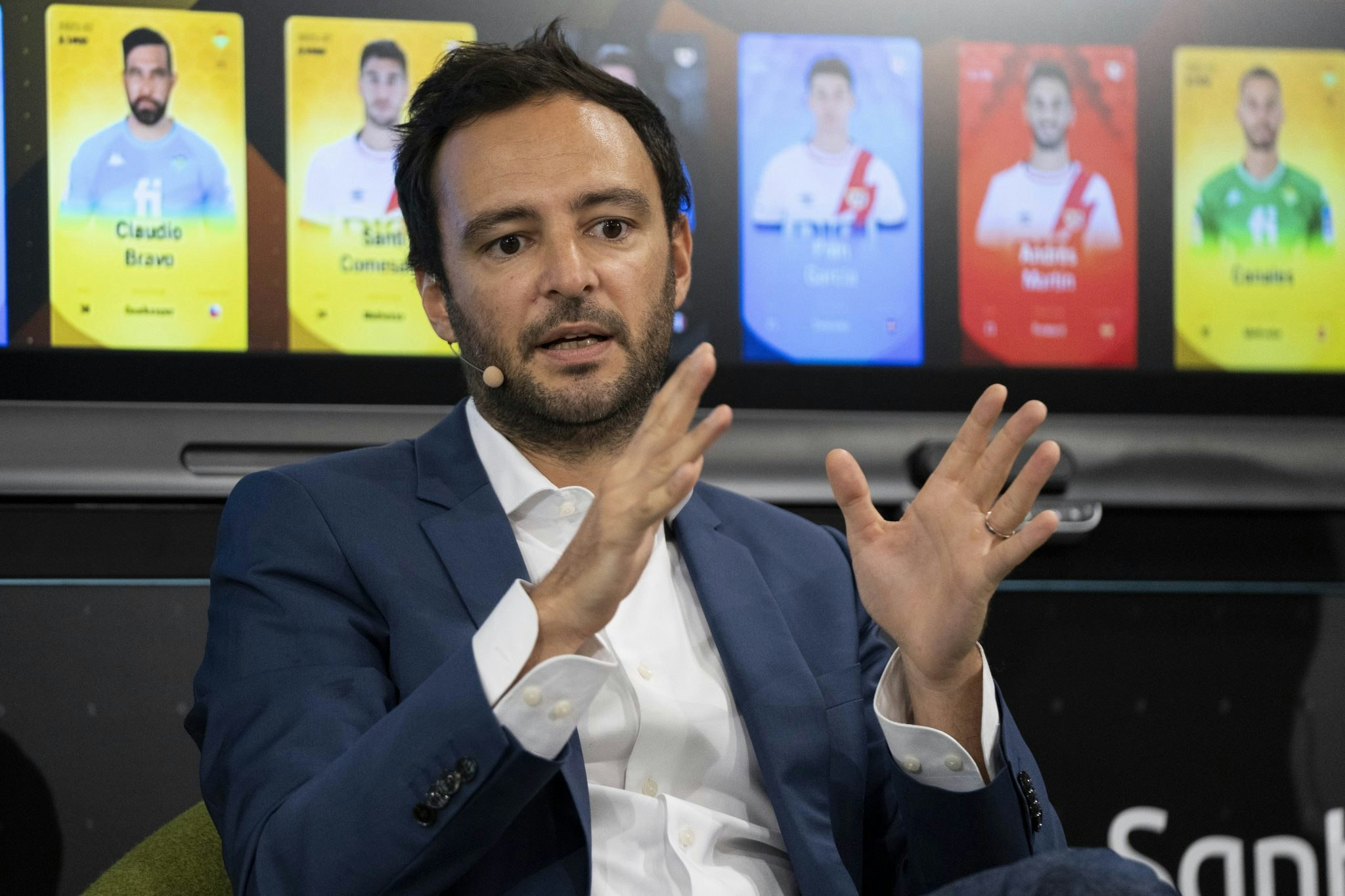Just as the corporate world is learning to embrace Bitcoin, after 12+ years, it's also coming to grips with non-fungible tokens, or NFTs, at arguably an even faster pace. But we’re likely to see a few embarrassing missteps along the way.
Bitcoin has taken a long and meandering road since its inception: From cypherpunk mailing lists and use cases that were pretty much limited to the purchase of drugs on Silk Road in its inception, to Goldman Sachs investment vehicles and adoption by nation-states as a legal tender (today, El Salvador — tomorrow, Ukraine?).
It all started, like many things on the internet, with digital cats.
NFTs have taken a more straightforward — though no less weird — path. Most of the industry acknowledges that they've existed for some years, under another name, or rather, no name at all. Just unique digital items. And it all started, like many things on the Internet, with digital cats.
CryptoKitties launched in November 2017 and blew up into a craze in about 24 hours. Its tagline is “Collect and breed furrever friends!”. Although many people were initially sceptical about the project, it has reached about 100k users. It was like seeing virtual Tamagotchis make a noisy but brief comeback. In short, a fad. Except it wasn’t.
The team that created CryptoKitties in Vancouver spun off to form Dapper Labs in February 2018. Roham Gharegozlou, their CEO, stated that they “were trying to figure out a standard for unique assets versus non-fungible assets”, so they came up with the NFT name when they created Dapper Labs. Basically, one Bitcoin is the same as another Bitcoin. However, Shushu Wonkytooth is NOT the same as Young MaverickTukhus, even though they are both CryptoKitties (names are real). They both have different birthdays, attributes and value.
Big money in sports
Dapper Labs is now valued at a whopping $7.5bn after an agreement with NBA Top Shot to co-create a marketplace of digital collectables, from cards to videos of highlights of your favourite player. After the NBA’s news, La Liga in Spain announced an agreement with Sorare, an NFT-based fantasy football platform backed by Antoine Griezmann and Gerard Pique (and Sorare is now valued at $4.3bn after a monster funding round by Softbank). Both Red Bull Racing and McLaren Racing have signed separate deals with Tezos blockchain to mint NFTs, although further details are yet to be unveiled.
The sports industry worries that young people’s interest in team sports is declining in favour of video games. NFTs be the answer?
The sports industry, already accustomed to the sale of collectables and merchandising, is a perfect breeding ground for NFT-based business models. The crypto-sporting alliance also answers another worry that the industry has: for the first time ever, young people’s interest in team sports is declining in favour of video games and other forms of (mostly digital) entertainment. Could NFTs be the answer they’re looking for?
And for toys and games?
Another industry that could find a solution through NFTs for kids moving from the physical world to the digital realm is toys. The world’s largest toymaker, Lego, recently tweeted: "Zeros and Ones but still a brick #NFT", but immediately deleted the tweet. Mattel, the second-largest company in the space, has been faster to embrace NFT technology and has already released a Hot Wheels NFT collection.

Possibilities of fashion?
Around the same time the NBA-Dapper deal was announced, digital art was also starting to boom. Beeple’s Everyday piece sold at Christie’s for $69m and a recent auction at Sotheby’s ‘Bored Ape’ NFTs reached $24.4m. The luxury fashion industry, which also treads the line between art and collecting, started to pay attention.
Fashion and NFTs had already developed a connection through video games, where players had started to buy unique skins for their characters. Dolce & Gabbana are launching an auction of nine digital fashion pieces as NFTs. An item of clothing could also come accompanied by an NFT as a certificate of authenticity. LVMH, Prada and Cartier are joining forces through a Blockchain Alliance to use the technology as a way to combat counterfeits.
This is the first announcement of NFTs within supply chain technology — a unique certificate of provenance — but industries where blockchain is already used for supply chain traceability, like diamonds or manufacturing, could soon follow suit. And fashion houses are becoming more creative with the possibilities offered by NFT technology: Gucci released its first NFT as a film inspired by a recent collection.
Beware the culture clash
But the world of public blockchains and Internet culture does not always mix well with the more secretive, buttoned-up corporate world, and this fast adoption has not come without its hiccups.
Budweiser recently bought the beer.eth domain for almost €100k (.eth domains are connected to digital wallets) to display NFT 'fan art', as well as a piece by the artist Tom Sachs. Dick pics of varying artistic merit were sent to the wallet and subsequently displayed.
Visa, which recently bought a $150k cryptopunk NFT to showcase on its own, corporate wallet, has received a Lord Kek Pepe NFT, a playful character usually associated to the far right. Coca-Cola received an NFT called Masturbate in its own wallet. NFTs are having their very own Boaty McBoatface moments. And while no statement about the unwanted artwork has been released by the participating companies, there might be no such thing as bad publicity.
Corporate NFTs are here to stay. Just expect the occasional dick pic along the way.
Have these attempts ultimately been successful, or not? While companies are notorious for wanting to control the narrative around their brand, there is no doubt that leveraging the NFT community for marketing is valuable: young buyers with lots of disposable income are an attractive target for almost any company. Early adopters aside, corporates will know what mischief to expect and might ultimately cede control in exchange for being part of the zeitgeist. And while it’s hard to say if there will be repeats, a Google search of ‘budweiser + nft’ can give us a quick idea of the reach of this campaign (hint: quite a lot of reach).
Other problems might come up. Disagreements about Intellectual Property have arisen in the case of the comic book industry, where both Marvel and DC Comics have barred artists from selling NFTs depicting superheroes from either company.
However, and even taking into account that the hype cycle tells us that we’re in for an NFT winter quite soon, it also looks like corporate backing is robust enough that NFTs are here to stay. Just expect the occasional dick pic along the way.



